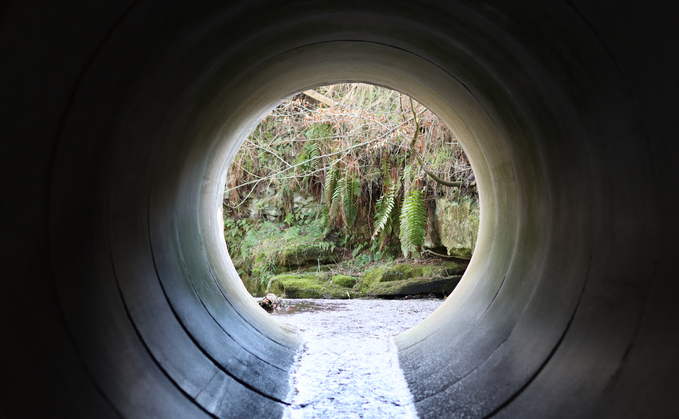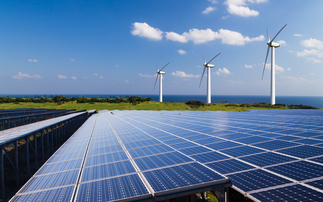Credit: iStock
New data reveals how 10,000 people have been hospitalised with water-borne diseases since 2019
The number of people admitted to hospital with water-borne diseases has increased sharply over the last five years, providing further evidence of how record levels of sewage pollution are impacting human health.
That is conclusion of a new analysis released today by the Labour Party, which accuses the government of having overseen a "sewage scandal that has put over ten thousand people in hospital".
The analysis of NHS admissions data since 2010 confirms that over the last two years, the number of people diagnosed in hospital with common diseases that can be transmitted via water-borne infection has nearly doubled, with the 3,261 cases recorded for 2022/23, the highest number since comparable records began.
The biggest year on year rise was recorded for Typhoid Fever, a condition the NHS classifies as more common in parts of the world that have poor sanitation and limited access to clean water. In total, 603 cases of typhoid fever were recorded last year, a figure that has more than doubled since 2022.
The data shows that between 2010 and 2015 the total number of water-borne disease admissions each year hovered around the 2,000 mark. But since 2015 the number of admissions has jumped sharply, only falling below 2,000 in 2020/21 during the period of covid lockdowns. Admissions for water-borne diseases topped 3,000 for the first time in 2019/20, before then rising again to set a new record of 3,261 in 2022/23.
The analysis follows data from the Environment Agency which found last year was the worst for sewage spills since records began, with sewage discharged for four million hours across England in 2023. The number of sewage discharges increased by 58 per cent year-on-year to reach over 477,000 sewage spills.
Some analysts have argued the increases are partly a result of more intense rainfall and improvements in the monitoring regime brought in by the government, which has made it easier to track sewage spills.
But critics have countered that separate water quality and hospital admission data underscores how water pollution is increasing, and have blamed the water industry and the government for failing to deliver the infrastructure needed to cope with a growing population and more intense climate impacts.
Labour's Shadow Environment Secretary Steve Reed slammed the government's record, arguing Ministers have "just folded their arms and looked the other way while water companies pumped a tidal wave of raw sewage into our rivers, lakes and seas putting the nation's health at risk".
"The next Labour government will put the water companies under special measures and strengthen regulation to force them to clean up their act," he added. "We will give the regulator tough new powers to make law-breaking water bosses face criminal charges and ban the payment of their multi-million pound bonuses until they clean up their toxic filth."
Labour has also promised to end self-monitoring and force all companies to accept independent monitoring of every water outlet; introduce "severe and automatic fines"; and strengthen the regulator's powers to make financial stability and infrastructure investment a priority for water firms.
It is also proposing to ban the sale, supply and manufacture of plastic wet wipes that clog up our sewers.
Labour's plans have secured an endorsement from environmental campaigner Feargal Sharkey, who said: "After years of inaction, it's time for change with a Labour government. That is why I am backing Labour's plans to put the water companies under special measures."
Both the Lib Dems and Conservatives have similarly promised to strengthen regulations governing water pollution in their manifestos, as water quality has emerged as a major issue for voters in rural and coastal constituencies.
However, all the parties are facing questions over how they intend to mobilise increased investment in water infrastructure upgrades without authorising a significant increase in water bills.
You can now sign up to attend the fifth annual Net Zero Festival, which will be hosted by BusinessGreen on October 22-23 at the Business Design Centre in London.









